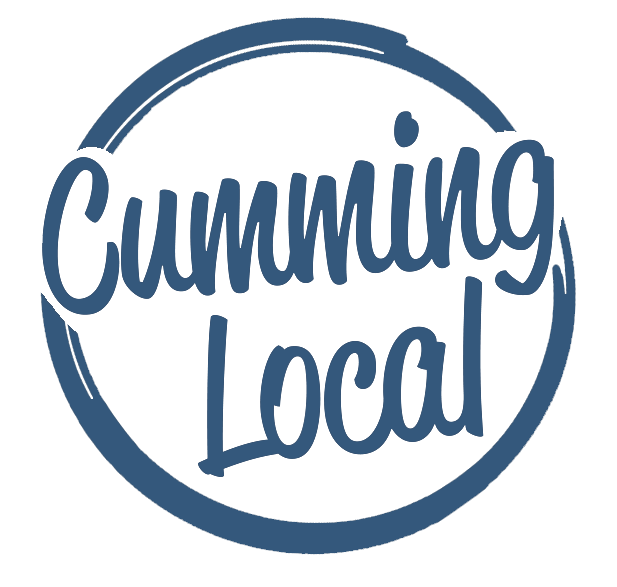The Path to Becoming a CPA
You’re good with money. The moment you decided that numbers, documents, and decimals were definitely your forte, you became an accountant. Let’s be honest, a career in parks & recreation was never meant for you anyway. Now a couple years have passed and you’re looking to take your career to the next level. It’s time to get that gold star and become a Certified Practicing Accountant (CPA).
The path to becoming a CPA can be long, but there are many benefits to taking this step. CPAs typically make higher salariesthan a regular accountant. They are in higher demand and have a greater opportunity for employment since they’re suited to many different roles outside the practice of accounting alone. There are also certain services that only a CPA can perform, meaning that many companies will hire CPA certified accountants since they have these expanded rights and privileges at their disposal.
Below we’ve compiled a list of steps to move you up the ladder and into a more financially secure version of the career that you’ve come to know and love.
EDUCATION
It should be no surprise that if a company is going to entrust you with its books, you’ll need a college degree to prove that you’re up to the task.
All state and jurisdiction Boards of Accountancy require CPA candidates to complete a bachelor’s degree with 150 credit hours of education. And you’ll need to be sure your degree is in a field relevant to being a CPA, such as Accounting or Financial Management. A degree in Business can also help cover some of the educational requirements you’ll need as long as it’s supported with additional Accounting units.
Upon graduation, you’ll still need an additional 30 credits to reach the 150-minimum required to be a CPA. This can be achieved through further education and often comes in the form of a 2-year Graduate (Masters) degree.
But if you’re dead set on being a CPA from the start of undergrad, some universities offer a five-year combined undergraduate and graduate degree option in accounting that can help relieve the burden by offering the 150 credit hours in a neat bundle.
WORK EXPERIENCE
Once you’ve graduated and received your bachelor’s degree, it’s time to get your feet wet and dive into the workforce. Being a CPA typically requires 1-2 years of on-the-job training to gain the experience needed for the final exam.
This is the crucial time period where you can become the most efficient and effective accountant in your town. As you gain experience, it’s important to familiarize yourself with the most up-to-date professional tax software. Being well versed in the latest tax software will not only bolster your general knowledge for the exam, but it was also set you apart on your resume once you start applying for CPA jobs.
THE EXAM
For those who’ve been in the workforce for the 1 to 2 years required, the exam can be the most daunting hurdle to cross. There are four separate sections to the exam, or depending on how you look at it, four exams which must be completed within an 18-month window.
It is entirely possible you can pass all sections in a single year, but you may need to adhere to a rigorous study plan fueled by plenty of caffeineand late nights to retain all that detailed information.
These exams are known to be challenging, and pass rates are generally low at around 49-50% for first attempts. But don’t worry, there are plenty of online resourcesthat can help get you over the finish line.
THE PRICETAG
Getting your career to the next level is by no means cheap in the short-term, but you’re really looking at this as a way to set yourself up for long term financial gain. Aside from the cost of college tuition, you’ll need to set aside enough additional capitalto get through the price of the exam and acquire your certification.
THE PAYDAY
Congratulations, you did it!
When that special day rolls around and you finally pass all sections of the exam, the benefits of being a CPA will immediately become apparent. Doors that were once closed are now open to you, as you’ve earned the respect of the accounting and financial community. Now it’s time to print out a bunch of resumes, go job hunting, and finally live the life you’ve been dreaming of.



